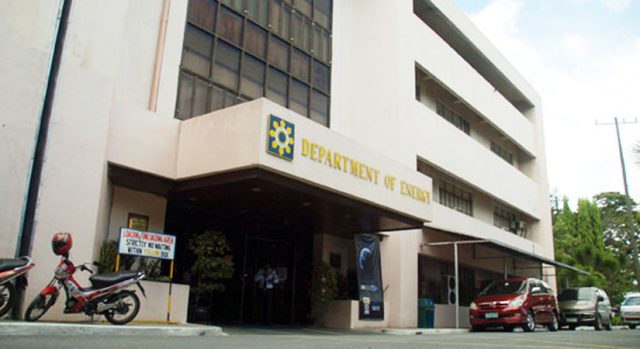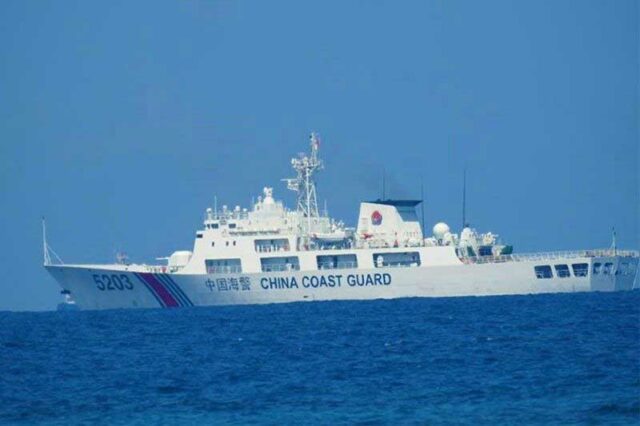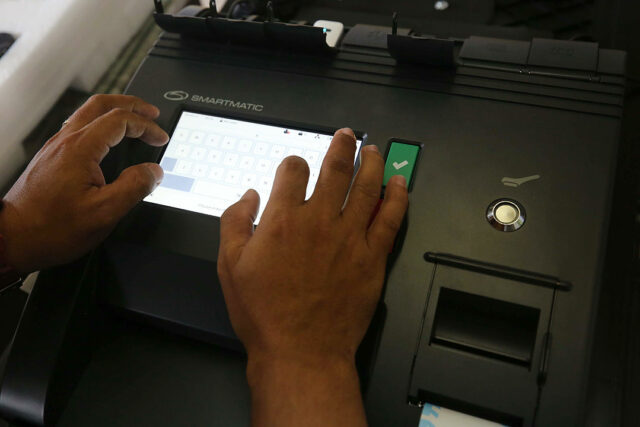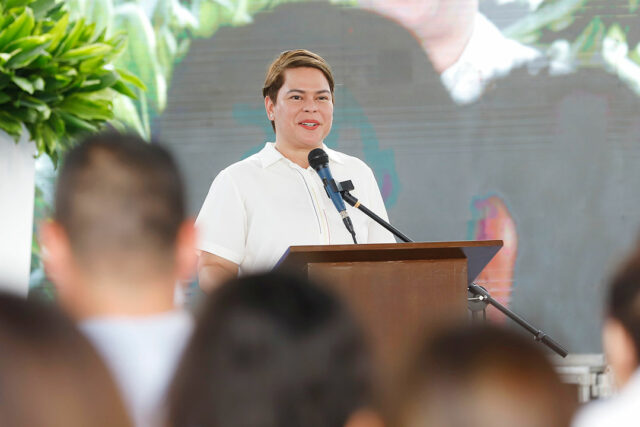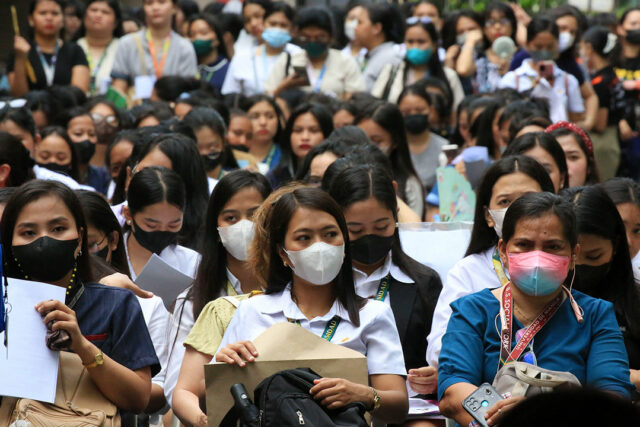Taiwan investments in Philippines driven by island’s labor shortage
THE investment pledges from Taiwan obtained by a Philippine Economic Zone Authority (PEZA) mission were a response to the island’s labor shortages, an economist said.
Foundation for Economic Freedom President Calixto V. Chikiamco said Philippine investments are a way for Taiwan companies to harness the Philippines’ surplus labor.
“Taiwan has a labor shortage and an ageing demographic profile. It’s likely they are looking to invest in the Philippines to take advantage of surplus labor in the Philippines and its location near Taiwan,” Mr. Chikiamco said.
Rizal Commercial Banking Corp. Chief Economist Michael L. Ricafort said that the Taiwan companies perceive opportunities in the high levels of plastic waste generated by the Philippines.
The promise lies in the current lack of cheap environment-friendly alternatives for packaging, he said.
PEZA recently led a five-day mission to Taiwan in which it was able to secure P20.6 billion in investment leads and pledges.
Some P11.36 billion was from a consortium of Japan and Taiwan companies making compostable packaging.
PEZA said that the consortium is interested in food service applications for its packaging.
A P7.95-billion investment pledge was made by a renewable energy company that wants to use recycled waste paper as feedstock. It also wants to pursue vertically integrated low-carbon papermaking and eco-packaging manufacturing.
“The same company is also interested in developing a waste-to-energy plant,” PEZA noted.
Meanwhile, another manufacturing company plans to put in P681.85 million to expand its Electronic Manufacturing Services business. It makes, assembles, inspects and tests electronic products and provides engineering support.
A company that develops eco-friendly non-asbestos friction materials used in bicycle disc brake systems is also expected to invest P484 million, according to PEZA.
The investment promotion agency also obtained a P171-million pledge from a Taiwan precision stamping and plastic model services company.
Asked when PEZA expects the pledges to materialize, PEZA Director General Tereso O. Panga said that the companies are at varying stages of the investment pipeline.
“Some are in exploratory stages, while some are in advanced stages — those who have already finalized site selection or made down payments in their preferred economic zones,” Mr. Panga said in a Viber message.
“Those in the latter stages of site selection might apply this year with PEZA. We expect those in exploratory stage to just be starting on site selection and register next year. Notwithstanding, we’re closely monitoring the developments on each of the leads,” he added.
PEZA said the companies in the exploratory stages are the Japan-Taiwan consortium and the renewable company, with the rest further along in the process.
“Whether or not these pledges will turn into actual investments depends on the ease of doing business here, the availability of power and other infrastructure, the security situation, and treatment from local governments toward investors,” Mr. Chikiamco said.
Mr. Ricafort said it is unlikely for the projects to materialize this late in the year.
“Aside from PEZA’s own efforts, we have like-minded government partners such as PTIC-Taipei that can do follow-up on the ground. Partner ecozone developers also ensure that the groundwork is done for a seamless preparation of the facilities,” he added. — Justine Irish D. Tabile


